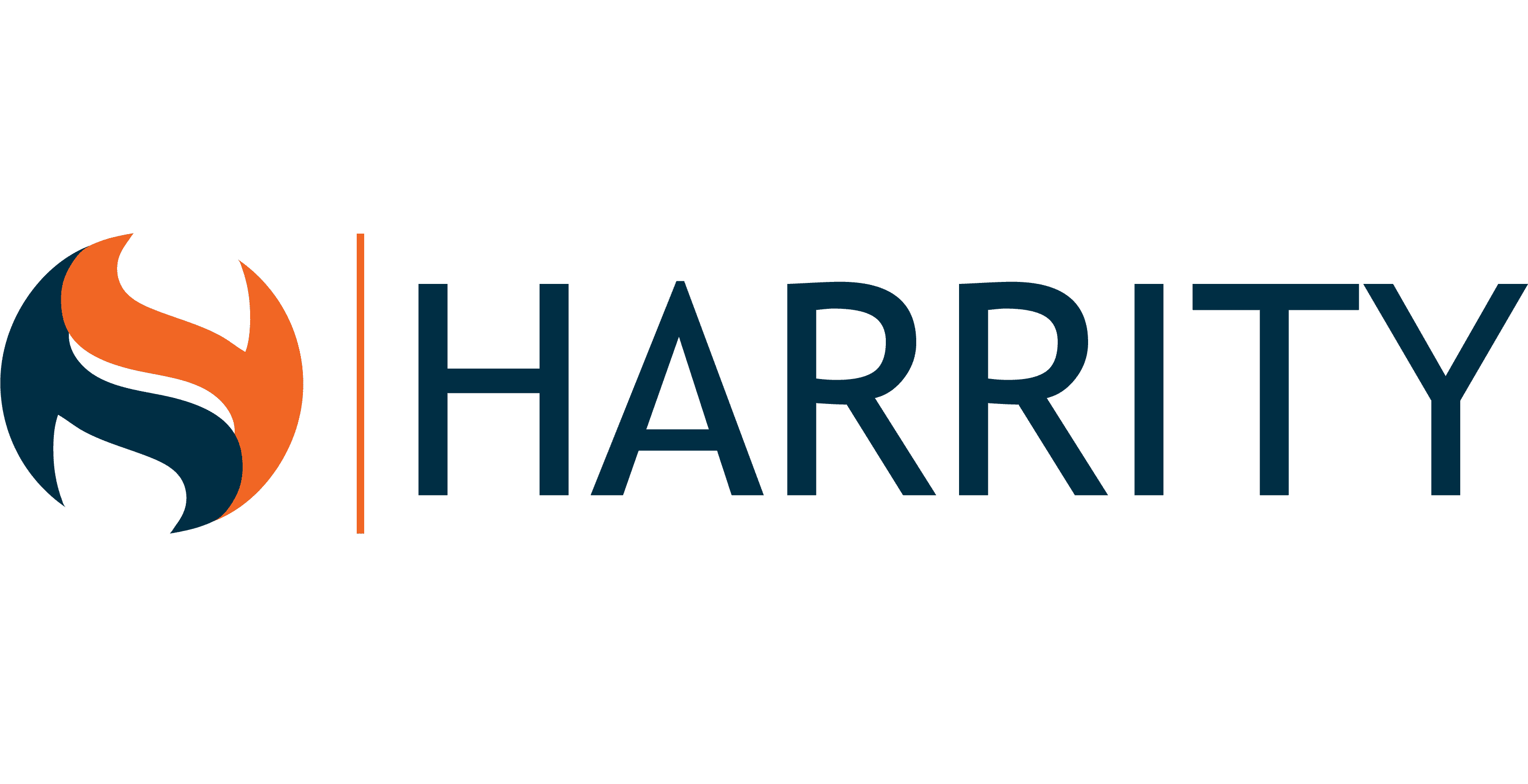Edward Kim’s practice focuses on helping companies build high-quality patent portfolios in an efficient manner. He has extensive experience in prosecuting patent applications related to artificial intelligence and machine learning, telecommunications, computer networks, e-commerce, web services, mobile apps, streaming services, home automation, financial technologies, and Internet of Things (IoT).
Prior to joining Harrity & Harrity, LLP, he worked at another law firm focusing on patent litigation and understands the common pitfalls to avoid during patent prosecution. Edward previously worked as a Primary Patent Examiner at the U.S. Patent & Trademark Office (USPTO) for over a decade, where he examined patent applications related to the technologies noted above. While he was at the USPTO, Edward spent some time at the Office of International Patent Cooperation, where he helped with global intellectual property initiatives. While in law school, he advised entrepreneurs and early-stage startups on transactional law issues at the Fordham Entrepreneurial Law Clinic. In addition, Edward has experience working with engineers overseas as an intern engineer at the R&D headquarters of international corporations in S. Korea and Japan.
Edward is fluent in Korean and proficient in Japanese.
Intellectual Property Owners Association (IPO)
New York Intellectual Property Law Association (NYIPLA)
Asian American Bar Association of New York (AABANY)
Korean American Lawyers Association of Greater New York (KALAGNY)
United States Patent and Trademark Office
Minnesota
New Jersey
New York
Contributor. “Response to USPTO Request for Comments on the National Strategy for Expanding American Innovation,” Intellectual Property Owner’s Association (February 2021).
Coauthor, “Patenting Blockchain: Mitigating the Patent Infringement War,” 83 Albany Law Review 0603 (2020).
